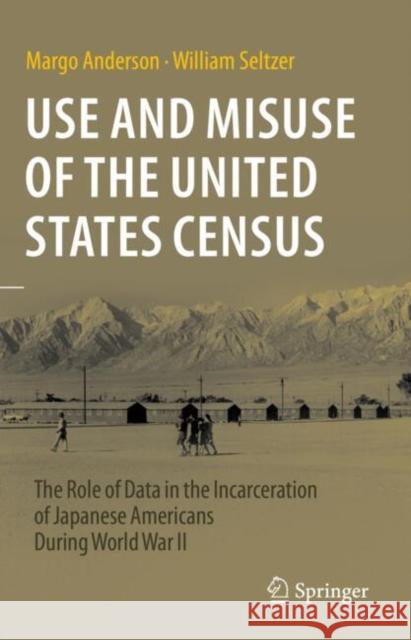Use and Misuse of the United States Census: The Role of Data in the Incarceration of Japanese Americans During World War II » książka
topmenu
Use and Misuse of the United States Census: The Role of Data in the Incarceration of Japanese Americans During World War II
ISBN-13: 9783031386183 / Angielski / Twarda / 2024
Use and Misuse of the United States Census: The Role of Data in the Incarceration of Japanese Americans During World War II
ISBN-13: 9783031386183 / Angielski / Twarda / 2024
cena 152,58
(netto: 145,31 VAT: 5%)
Najniższa cena z 30 dni: 146,48
(netto: 145,31 VAT: 5%)
Najniższa cena z 30 dni: 146,48
Termin realizacji zamówienia:
ok. 22 dni roboczych
Bez gwarancji dostawy przed świętami
ok. 22 dni roboczych
Bez gwarancji dostawy przed świętami
Darmowa dostawa!
Kategorie:
Kategorie BISAC:
Wydawca:
Springer International Publishing AG
Język:
Angielski
ISBN-13:
9783031386183
Rok wydania:
2024
Wymiary:
23.5 x 15.5
Oprawa:
Twarda
Dodatkowe informacje:
Wydanie ilustrowane











